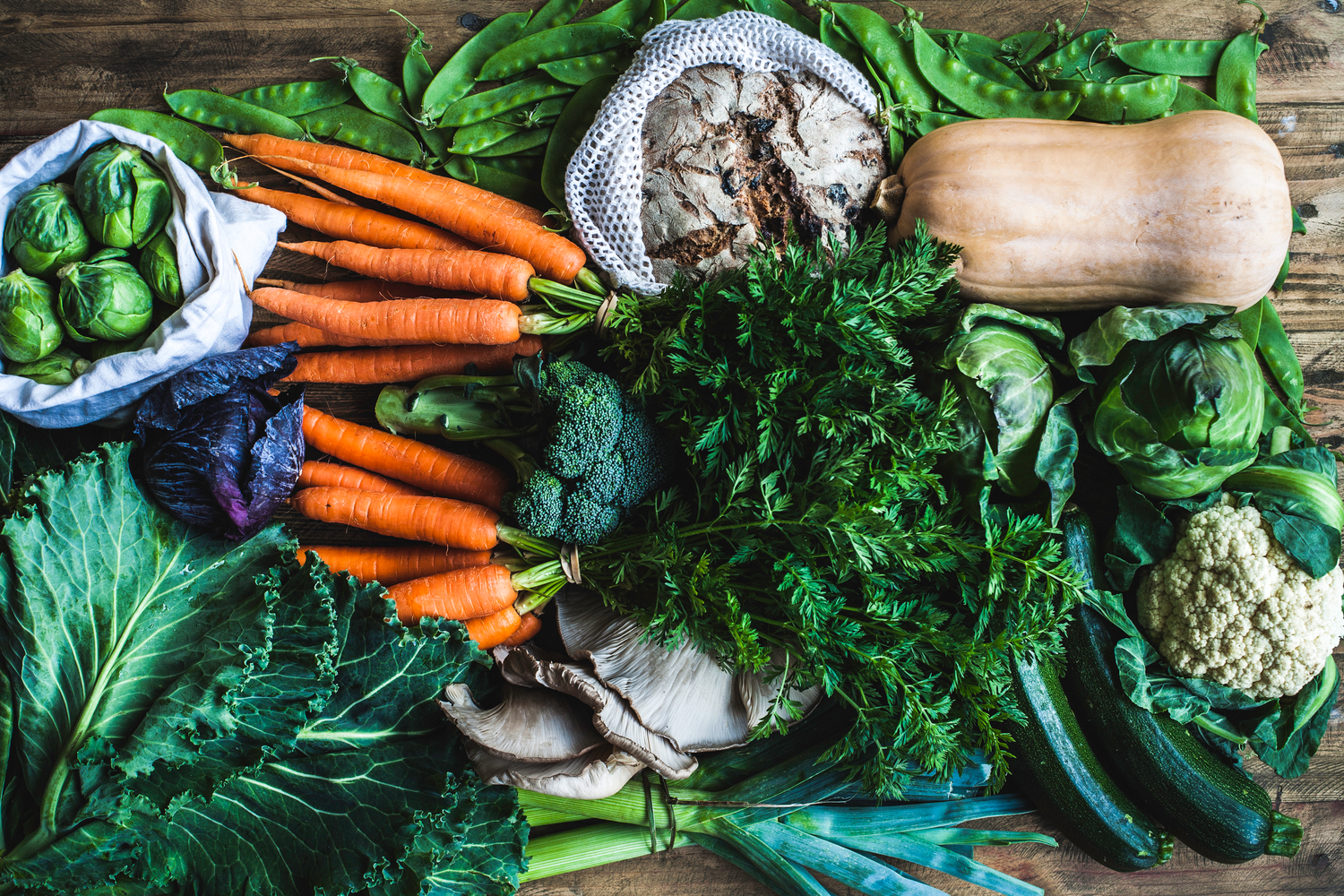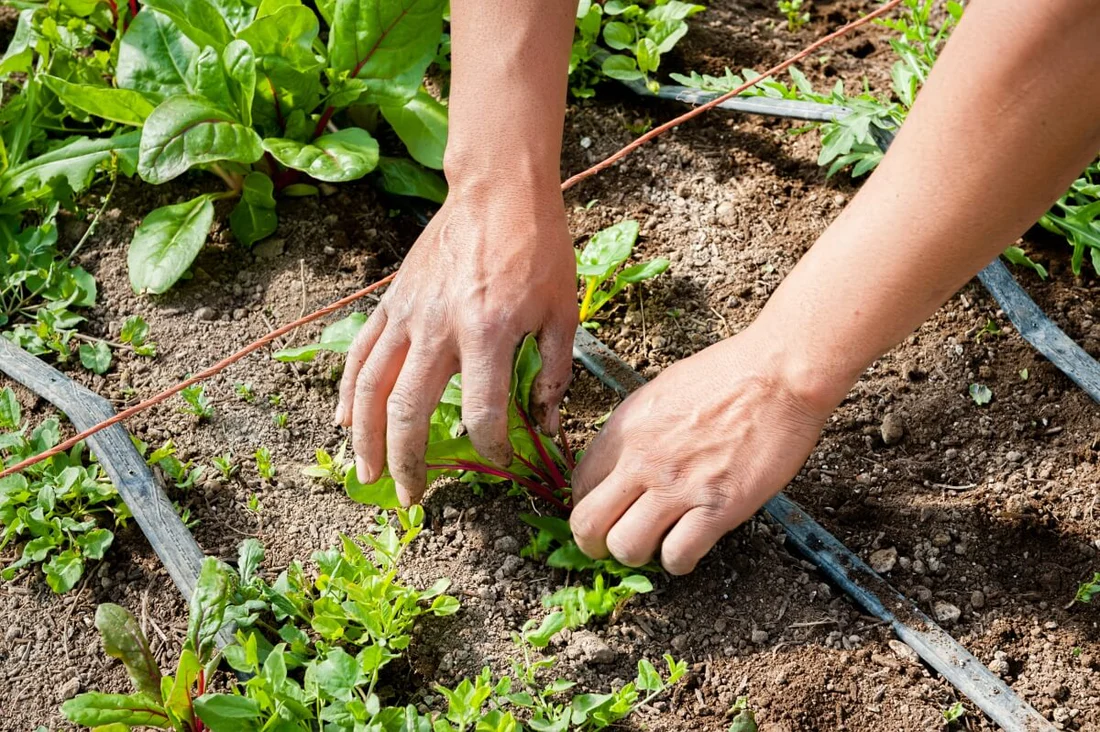In the summer, some of the best crops that can be grown within the organic gardening environments are heat-tolerant greens, warm-weather vegetables, and herbs. The nourishing requirements of these plants can be met with the use of organic fertilizer like Miracle-Gro. Organic fertilizer is a type of fertilizer that is made from natural materials and does not contain any synthetic chemicals. It is important to note that all organic fertilizer is made from organic materials! As such, three different combinations could be used: (1) Add extra water of at least one liter per litre of water to the mixture; (2) Keep your mixture clean by using a spray cover with a nitrogen-15 ratio of approximately 2.5-3 liters per liter; and (3) Make sure there is no water logging in the area. Taking those initial steps will yield the desired results So also make sure you have proper access to the spigot.
1. Sunflowers
Sunflowers occupy a prominent place in all gardens as they provide delicious harvests together with beautiful blooms and help preserve soil through carbon and water storage capabilities.
Particularly in America, a dash around their house shows prosperity, as they make delicious harvests and grow into beautiful blooms. In effect, they help to store soil, thus helping to grow sunflowers in every farm and garden. Among many large annual plants, these loved plants easily dominate, as they have inspired the works of many artists while becoming the subject of their creations, such as the works of painters like Vincent and other masters, and through hope, the artists do not disappoint, and this effect occurs for a reason. It is common knowledge that these flowers are prized among gardeners due to their resilience to a variety of diseases, including downy mildew.
2. Peppers
Vegetables such as peppers, which start green and end in red when left out in the summer, are also known to contain sweet, spicy absolutes. A potassium, vitamin C, and vitamin A-fueled summer hehe.
Cover the soil with mulch made of weed-free straw or newspaper to promote maximum garden production while also minimizing soil moisture loss due to evaporation. You can also fertilize by using organic fertilizer like Miracle Grow Performance Organics Edibles Plant Nutrition to aid in proper plant growth, thereby weakening their vulnerability to pests.
3. Cucumbers
Currently, your backyard can be an ideal place to grow your own cucumbers, which can be added to salads, soups, and sandwiches to enhance their taste. Apart from that, cucumbers also have several vitamins and minerals that help to improve skin health.
Plant only the cucumber varieties that resist disease and then move them in a spot where the plants will get at least six hours of sunlight every day. For added disease control, mulch is an effective tool. Leaves, hay, or straw can be an alternative to herbicides while enhancing the soil, available on an organic basis. It is recommended that the mulching be spaced at least one to two inches apart to prevent the spread of fungal diseases and weeds.
4. Tomatoes
It’s hard to beat the taste of a tomato fresh off the vine from your own backyard, especially after searching for the ideal heirloom that has both a robust flavor as well as a unique shape and color! The classic warm heirlooms are often regarded as the best.
Tomatoes need a lot of nutrients, so determining the proper amount of fertilizer is crucial. This can only be done by first conducting a soil test. Applying too much nitrogen results in tall, leafy plants but no fruit, while not applying enough leads to lower fruit yields. Covering your soil with a few layers of low-growing organic material, such as straw or cocoa hulls, will keep the soil moist and also help reduce weeds and fungal diseases in hot weather. This also means that mulching has a good moisture retention capability, which means the plants will have a positive outcome overall!
5. Beans
Nutritious, rich soil is one of the most important tips when growing vegetables, so ensure that your beans can thrive! Start off by planting a few Miracle-Gro Performance Organics All-Purpose composted beans in your garden to let their roots grow strong. This will allow the beans to have an ideal environment to be able to grow!
Beans are one of the best plants to farm, and anyone can grow them as they are easy to raise and grow in any given climate. There are several different types of beans; bush beans grow well in most habitats, while pole beans are aesthetically pleasing as they grow along the trees. Plants known as beans belong to legumes, which have a close relationship with symbiotic nitrogen-fixing bacteria that enrich the soil they grow in and provide a key part of the diet in many poor countries. Since they are rich in nutrients, beans are also used as food plants.
6. Herbs
Herbs should ideally be included in your garden as they are very beneficial in many ways: they attract beneficial insects, repel pests, stimulate other plants’ growth, contain good flavors, and have a good smell! Basil, mint, and cilantro are examples of plants that can be easily started from seeds or seedlings and are great plants that go well with tomatoes and peppers; they can be grown easily.
Herbs will be cultivated successfully only if they are provided firm roots in a warm site with enough airy space. Moreover, watering needs to be done frequently but without swamping it—the best is letting the earth dry out in between watering sessions instead of overdoing it and thereby rot the roots.
7. Lettuce
Especially for the spring mix, most beginning gardeners consider lettuce (Lactuca sativa) to be one of the simplest vegetables to grow, as it has low-calorie vitamins that include A, calcium, potassium, and folate, among others, in its leaves.
Green leaf lettuce has slender leaves that are frilly, which enhance salads, and romaine has bigger heads that are suitable as stuffing in sandwiches or burgers. Arugula and spinach are other species of green that add a tinge of peppery mustard taste to some of the lighter lettuce-dominated preparations.
8. Carrots
Carrots are simple to cultivate and are quite resilient when it comes to a variety of vegetables as well as the growth of nematodes and Cavity Spot, and they do not do badly on flavor; vitamins A and K and potassium and fiber are in such abundance in the carrots, which is good for health.
To protect the carrot plants from weeds, cover the topsoil with a mulching material at least 2 inches thick. The mulch should be an organic mulch that does not weed, such as shredded cocoas, straw, or leaves that would provide quick decomposition to help replenish the nutrients in the soil and also fight the fungal infections that may be harmful to the crops.
9. Parsley
Parsley works well as a garden border edge or a container plant thanks to its bright green leaves and thus adding color to the space, and even better, it can be used to complement other vegetables due to its size. Parsley also brings along beneficial insects, including hoverflies as well as parasitic wasps, which feed on tomato and pepper aphids, thus controlling future damage from aphids. For parleyen tomatoes or peppers, it is profitable as it provides extra protection against compromiso damage.




